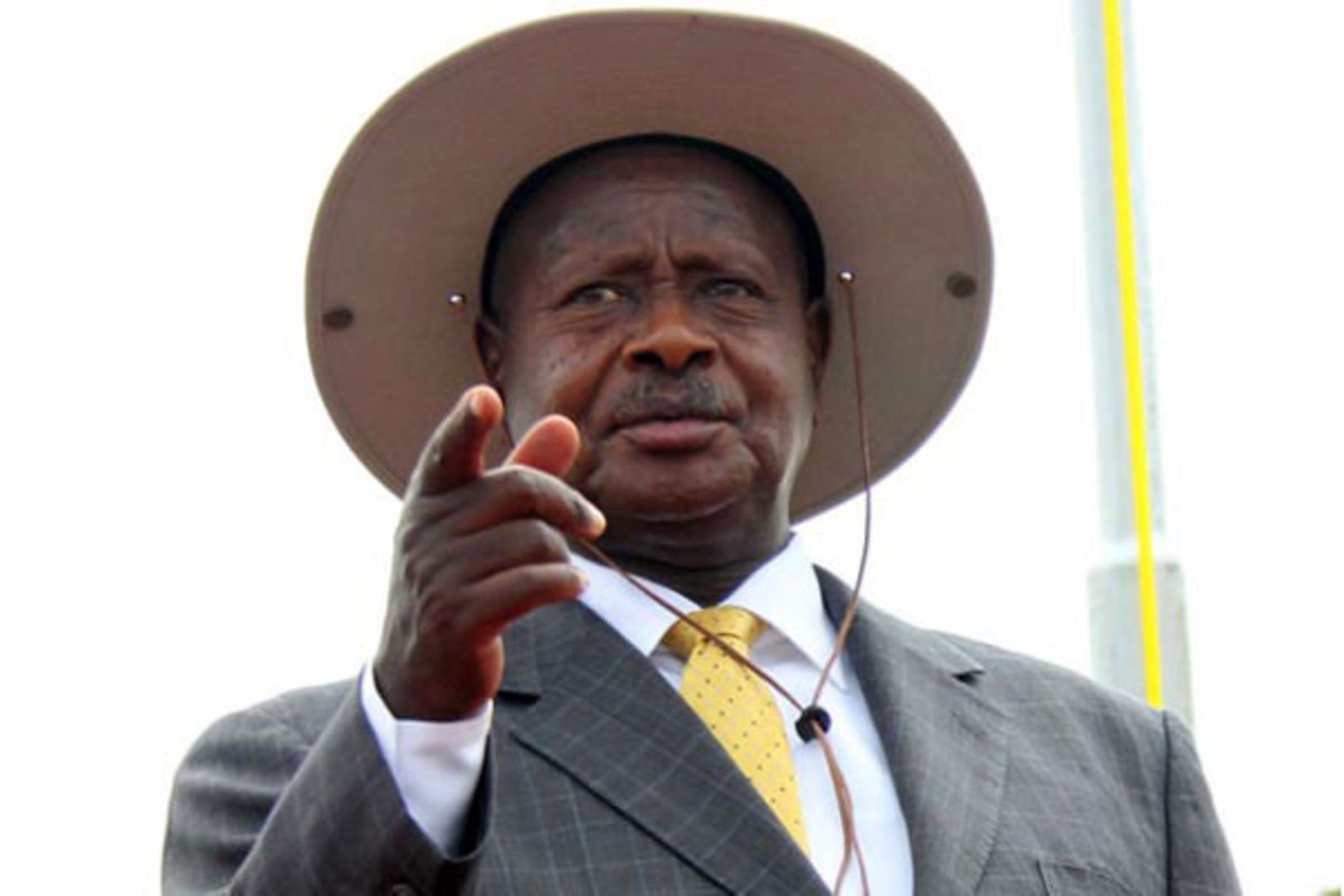President Museveni has sparked a heated debate with Parliament over his rejection of the Appropriation Bill 2024, returning it with scathing criticism of MPs’ budgetary decisions. In a letter dated June 22, the President condemned Parliament for reallocating Shs750 billion from core sectors of the economy to areas like health and education, amounting to over Shs3 trillion in four years.
Describing this financial reshuffling as “sabotage,” President Museveni equated the diverted funds to halting the construction of nine major roads similar to the Kampala-Masaka Road, a crucial infrastructure project costing Shs440 billion. He emphasized the detrimental impact on national development goals and economic progress.
Citing constitutional provisions, President Museveni stressed the need for executive involvement in budget reshuffling, accusing MPs of undermining national priorities and potentially engaging in corruption. He called for an immediate halt to such practices, urging MPs to focus on core national interests rather than pursuing popularity in their constituencies.
The President’s letter has elicited strong reactions from MPs, who view it as an attempt to undermine Parliament’s independence and consolidate executive power. They argue that Parliament has the constitutional authority to make budget decisions autonomously and express concern over what they perceive as intimidation tactics to coerce compliance.
During parliamentary sessions, MP Jonathan Odur raised concerns about allegations of corruption within the Budget Committee, as highlighted by the President, questioning its impact on legislative integrity.
Despite initial resistance, Parliament reconvened hastily from recess to reconsider the Appropriation Bill in line with the President’s demands, leading to further debate on the institution’s assertiveness and independence. Critics argue that Parliament missed an opportunity to assert its authority by yielding to presidential pressure.
The ongoing confrontation between the Executive and Parliament underscores significant governance issues in Uganda, with implications for future legislative processes and the balance of power between branches of government. As discussions continue, the outcome will likely shape the dynamics of governance and policy-making in the country.





